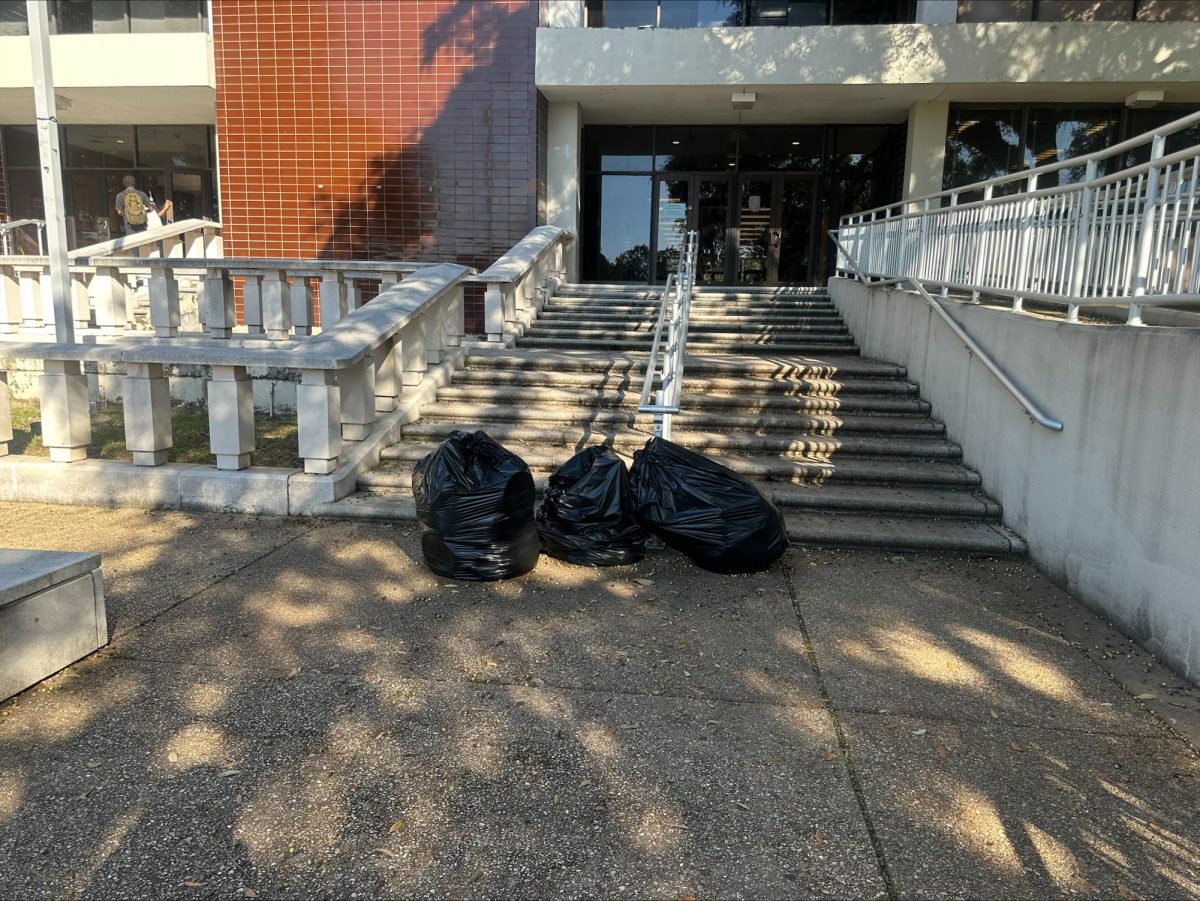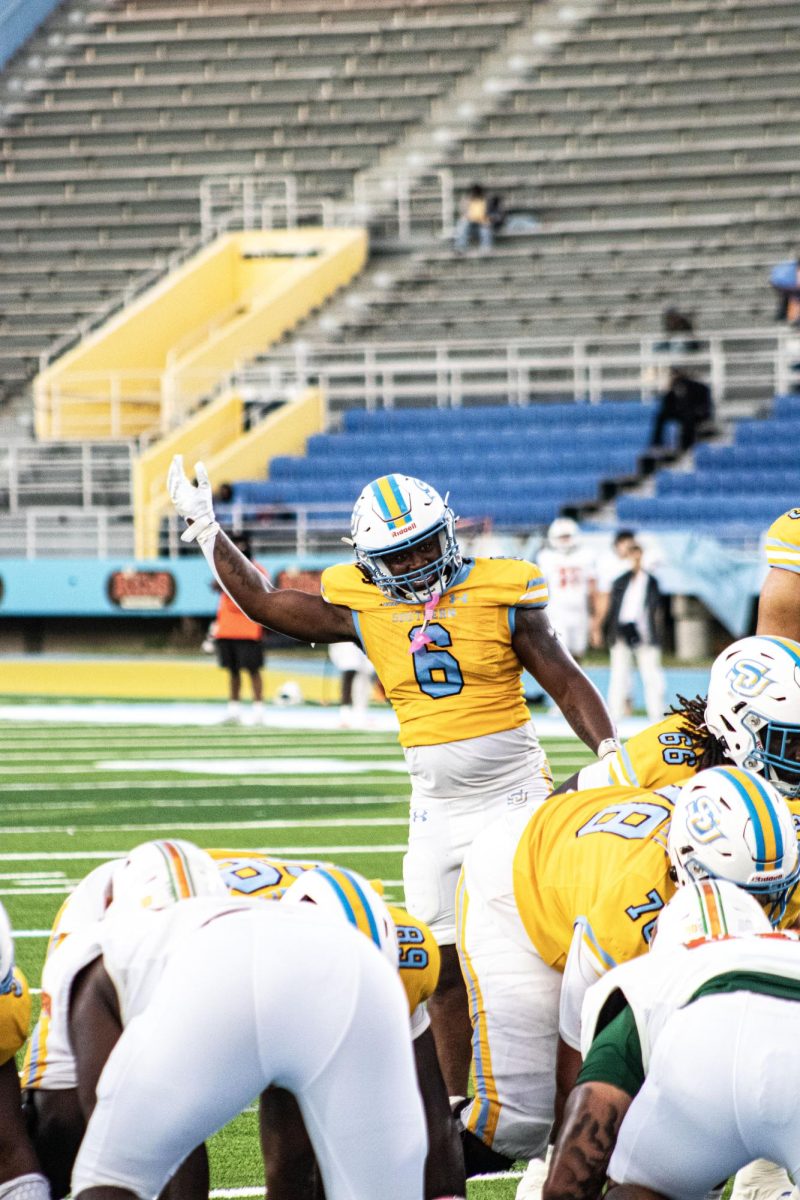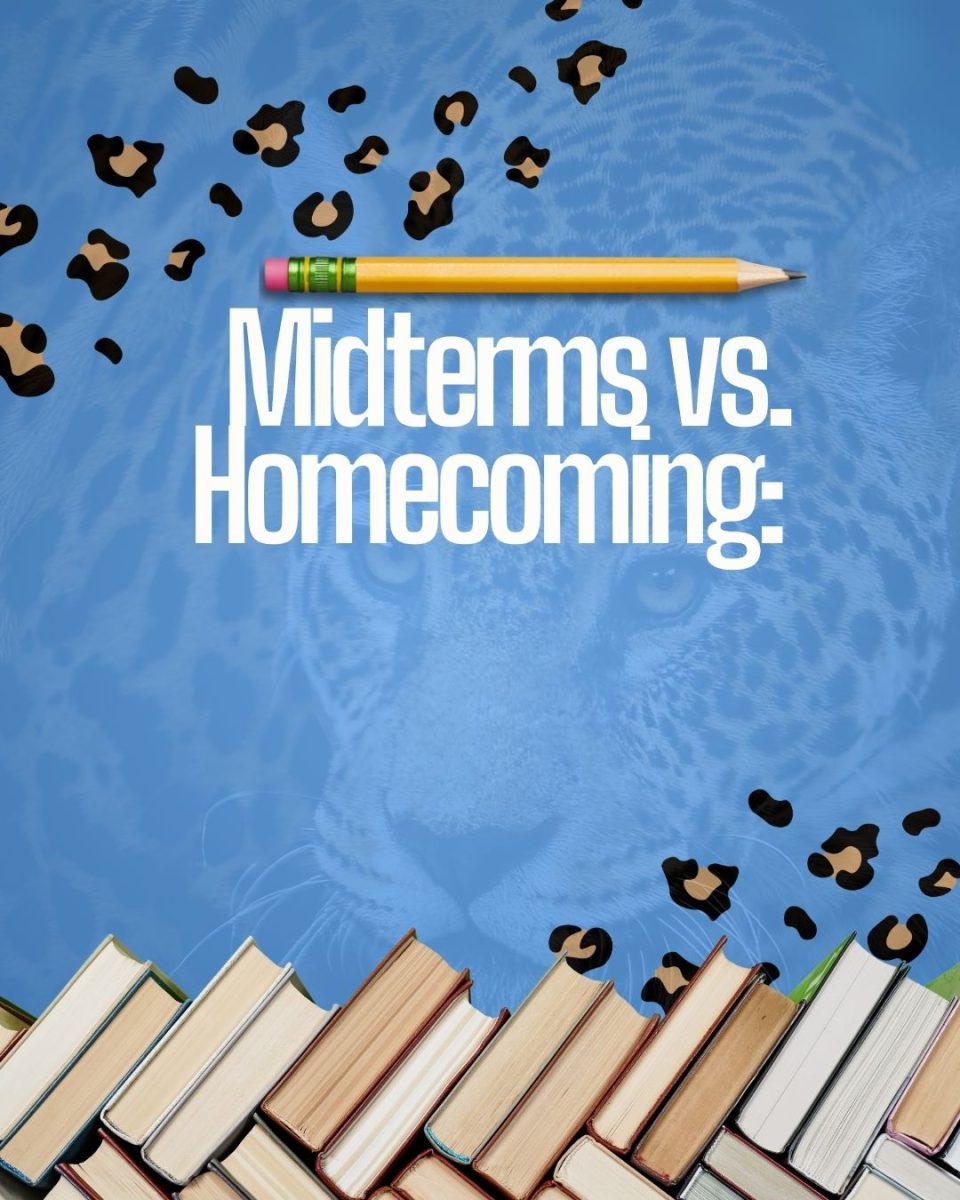“There is no such thing as a single- issue struggle, because we do not lead single-issue lives.” Author and activist Audre Lorde said this in 1982 during her speech, “Learning from the 60’s.” The meaningfulness of this holds even more importance in this day and age than when Lorde originally said it. As the representation of Black people in the arts, media and politics grows at a steady rate, it has become increasingly obvious how diverse we truly are.
These revelations, however, has caused much dishevelment amongst the Black community, particularly when sexual orientation or gender identity is mentioned. In fact, even mentioning the LGBTQ+ community is often treated as a taboo in many households, especially those with strong Christian and Muslim foundations. Not only does this get in the way of straight and cisgendered (those who identify with the gender they were assigned at birth) children being prepared to interact with diverse groups of people in their adulthood, it also causes queer children to feel alienated in their own community.
Queer Black activists such as Audre Lorde, James Baldwin, Marsha P. Johnson and Bayard Rustin often have their queerness disregarded when their influence on Black liberation is mentioned, and this is much more of an issue than most realize. We even see this in our art, such as The Color Purple. Alice Walker herself was a lesbian, and wove elements of her sexual identity into this book. In Steven Spielberg’s movie based off of the book, her sexual identity was largely removed.This same “straight-washing” occured in Black Panther, which originally gave a nod to Okoye’s lesbian relationship from the contemporary Black Panther storyline. When we ignore the other identities that Black people can experience outside of our race, it turns our image into a monolithic form of itself. Without the distinctions we have, our story of growth and progression hits a dead-end. In simpler terms, we end up hating each other because we can’t acknowledge our differences, and therefore can’t respect them.
Lorde spoke fiercely against sexism, racism, classism, homophobia and all other forms of oppression in her speech because she suffered from all of these issues. This forced her to understand that they are different dialects of the same language, hate. It is impossible to speak up against the anti-Black effects of colonialism without acknowledging that they also distanced us from the cultures of Africa that embraced sexual and gender ambiguity. It’s also impossible to acknowledge these “queer spiritualities” without acknowledging how respected women were in these pre-
DIGEST Illustration colonial societies.Ultimately, it is essential to to amplifythe voices of Black people who face intersectional identities, or we may suffer without the perspectives they have to offer. Although conversations such as these may go against the teachings of older generations, just like conversations surrounding natural hair, skin color, gender roles, health and education. As the future (and present) influencers of the Black community, we must remind ourselves of the importance of a diverse narrative, as well as challenging the current one.
Categories:
Black Intersectionality
March 25, 2019
0
More to Discover








